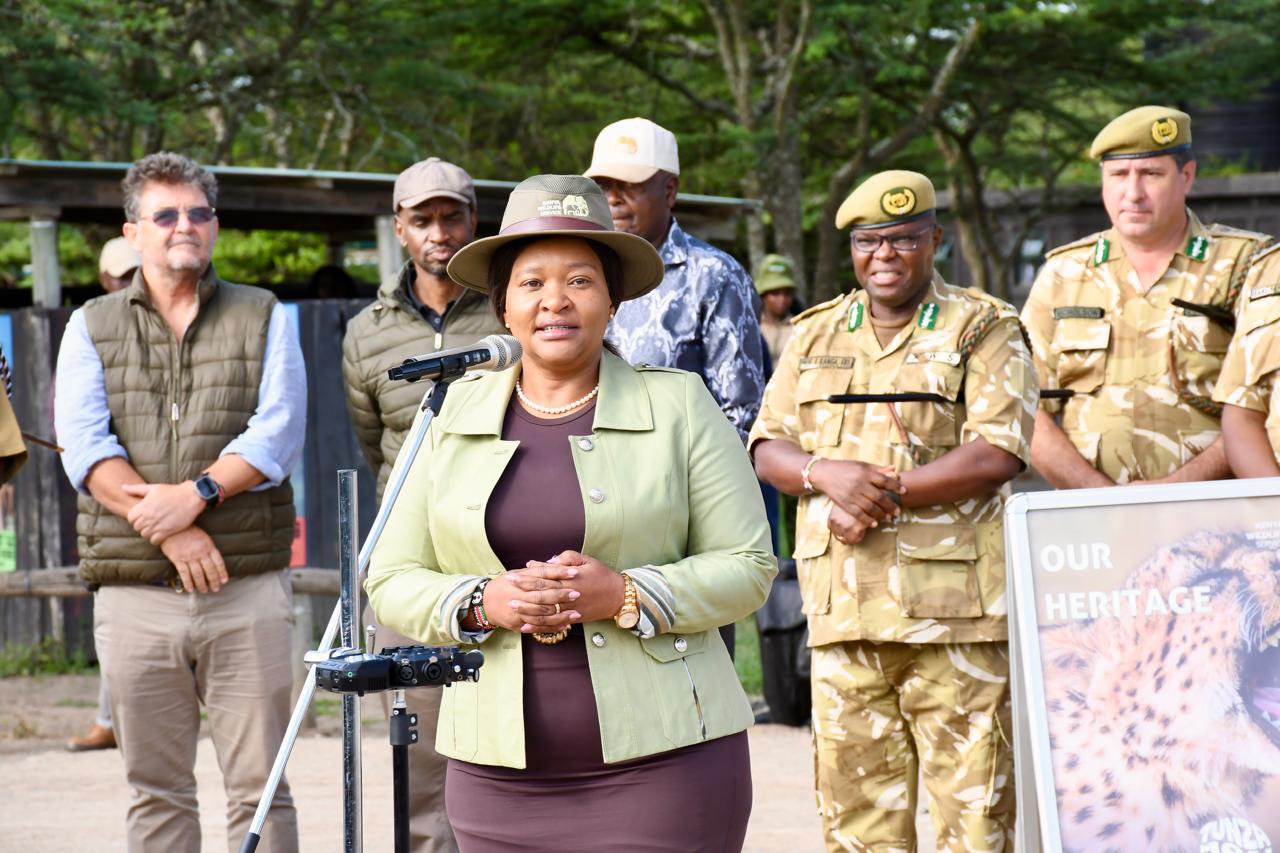Compensation delays loom after wildlife budget reduction

The approved budget includes Sh11.805 billion for day-to-day expenses and Sh1.364 billion for development projects.
Kenyans waiting for compensation over losses caused by human-wildlife conflicts may have to wait even longer due to a reduction in the budget for the State Department of Wildlife in the 2025/2026 financial year.
The department was allocated Sh13.169 billion, which is well below its requested Sh16.981 billion, according to the latest report by the Departmental Committee on Tourism and Wildlife.
The approved budget includes Sh11.805 billion for day-to-day expenses and Sh1.364 billion for development projects.
The committee warned that this shortfall would force the department to delay or cut back on key activities, such as verifying and paying compensation claims.
"Consequent to this, the department has to reduce its planned activities, including extending the project’s completion period, reducing verification and payments of Human-Wildlife Compensation and others," the report states.
The committee has asked for an extra Sh1 billion to help clear outstanding compensation claims, which currently total Sh2.7 billion.
Human-wildlife conflict is a serious issue, especially in areas near national parks and wildlife corridors.
Data from the Ministry of Tourism and Wildlife shows that the government has paid Sh2.8 billion in compensation over the last two years, with a total of Sh4.8 billion paid since 2018.
Between 2009 and 2024, there have been 57,006 reported cases of human-wildlife conflicts.
Cabinet Secretary Rebecca Miano said that as of February 2023, pending claims were over Sh4.16 billion.
To improve the process, the government introduced a Digital Compensation Scheme in 2024, currently being tested in six counties.
This system allows victims to submit claims online, with small payments up to Sh100,000 sent through M-Pesa.
The pilot will run until November 2025.
However, with the budget cut and rising pending claims, there are worries that the digital system may not be enough to reduce the backlog without more funds.
Affected communities, often dealing with elephants, lions, and other wild animals invading their lands, depend heavily on compensation to recover from losses.
The budget will now move to the National Assembly, where lawmakers may adjust the funding based on the committee’s suggestions
